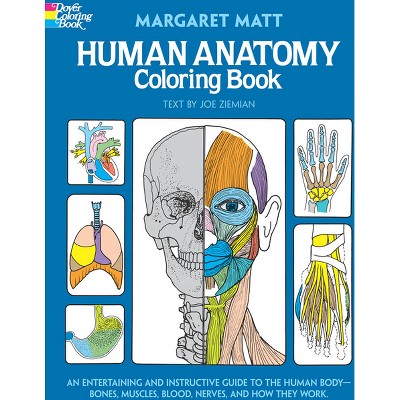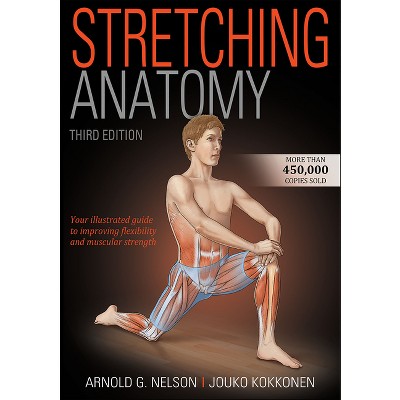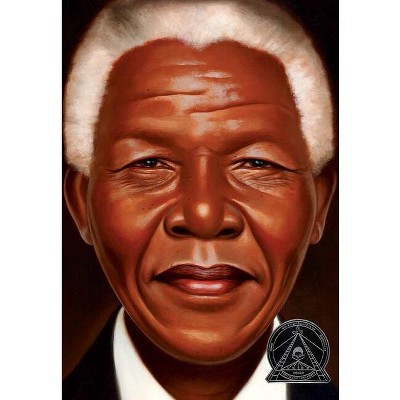Sponsored

The Anatomy of Colorism in America - by Robb Nelson (Hardcover)
In Stock
Sponsored
About this item
Highlights
- The Anatomy of Colorism in America addresses the significance that colorism, racial hierarchy, and white skin idealization have each had on the lives of individuals across multiple communities and how those experiences have compared with one another.
- About the Author: Robb Nelson, The University of Nebraska, Lincoln, Nebraska, USA.
- 223 Pages
- History, United States
Description
About the Book
Practices of colorism have been present in American communities since the founding of the nation. Coloring Empires discusses how minor differences in skin shade can lead to major prejudicial divisions within racial and ethnic communities and in natiBook Synopsis
The Anatomy of Colorism in America addresses the significance that colorism, racial hierarchy, and white skin idealization have each had on the lives of individuals across multiple communities and how those experiences have compared with one another. These three complexion-based imperial systems culturally, legally, politically, and socially divided persons based on differing skin shades, hair textures, eye shapes, facial angles, body types, or claims to mythical racial backgrounds.
The Anatomy of Colorism in America argues that the practices associated with empire building and imperial expansion in America, such as manifest destiny, settler colonialism, and indentured servitude and slavery all led to the creation of these complexion-based divisions. Once formed, these divisions led to socially damaging outcomes for the individuals perceived as nonwhite by the local Anglo-American settler colonial class. This book documents four locations and communities where such circumstances emerged and compares them. The four case studies investigated in this book include Blacks in Charleston, South Carolina, the Californios in Alta California, Mormons in Utah, and the relationship between Indigenous Hawaiians, Japanese immigrants, and Anglo-American whites in Hawaii.
About the Author
Robb Nelson, The University of Nebraska, Lincoln, Nebraska, USA.Shipping details
Return details
Guests also viewed
Discover more options













